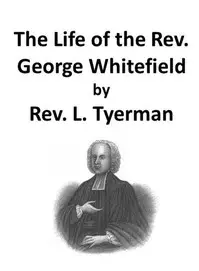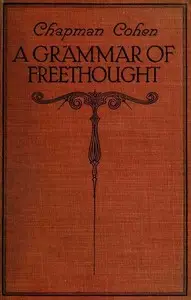"Directives from the Guardian" by Shoghi Effendi is a guide offering valuable insights into the Bahá'í Faith's administrative and spiritual practices. It's a resource for Bahá'í communities, explaining the principles of unity and the duties of believers. The book spotlights the importance of 'Abdu'l-Bahá's work and Bahá'u'lláh's administrative design, aiding followers in aligning their actions with the faith's teachings. The initial segments address important subjects like the interpretation of accounts related to 'Abdu'l-Bahá, the objectives of his service, and specific requirements for Bahá'í administration. The guidance motivates believers to focus on community harmony, effective administration, and to make significant contributions to their faith and to the world. Topics such as how to integrate new members, the rules of Bahá'í marriage, and the value of donations are covered. This segment underscores the importance of both spiritual and organizational commitments within the Bahá'í community.

Directives from the Guardian
By Effendi Shoghi
Explore the Bahá'í Faith through a lens of governance, unity, and practical guidance.
Summary
About the AuthorShoghí Effendi (; Persian: شوقی افندی; 1 March 1897 – 4 November 1957) was an Ottoman-born Iranian religious figure and the Guardian of the Baháʼí Faith from 1921 to 1957. As the grandson and successor of ʻAbdu'l-Bahá, he was responsible for creating a series of teaching plans that oversaw the expansion of the Baháʼí Faith to a number of new countries, and also translated many of the written works of crucial Baháʼí leaders. Upon his death in 1957, the Hands of the Cause, which included his Canadian wife Rúhíyyih Khánum, took on the role of overseeing the transfer of the religion's supreme legal authority to the Universal House of Justice, which has held elections every five years since 1963.
Shoghí Effendi (; Persian: شوقی افندی; 1 March 1897 – 4 November 1957) was an Ottoman-born Iranian religious figure and the Guardian of the Baháʼí Faith from 1921 to 1957. As the grandson and successor of ʻAbdu'l-Bahá, he was responsible for creating a series of teaching plans that oversaw the expansion of the Baháʼí Faith to a number of new countries, and also translated many of the written works of crucial Baháʼí leaders. Upon his death in 1957, the Hands of the Cause, which included his Canadian wife Rúhíyyih Khánum, took on the role of overseeing the transfer of the religion's supreme legal authority to the Universal House of Justice, which has held elections every five years since 1963.

















